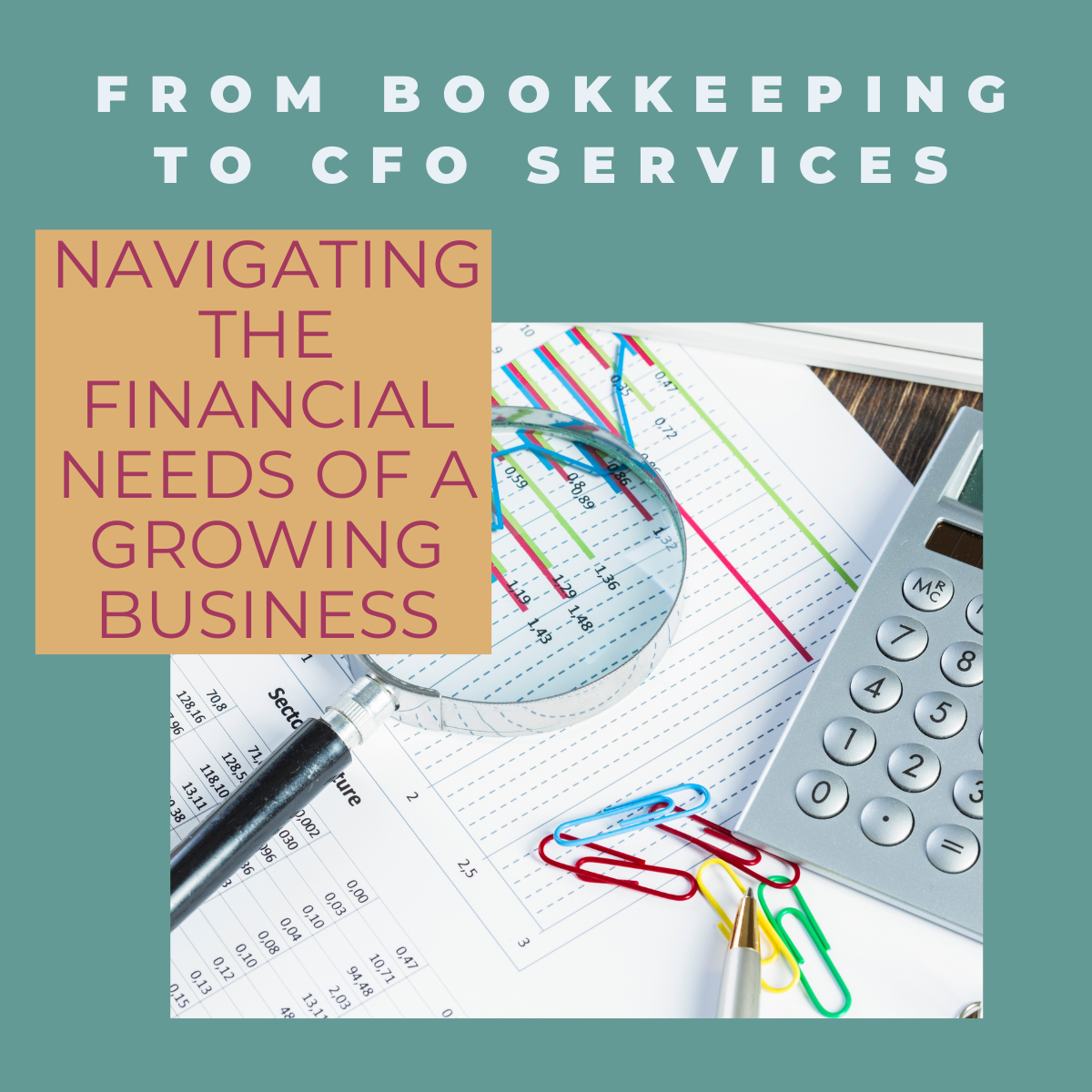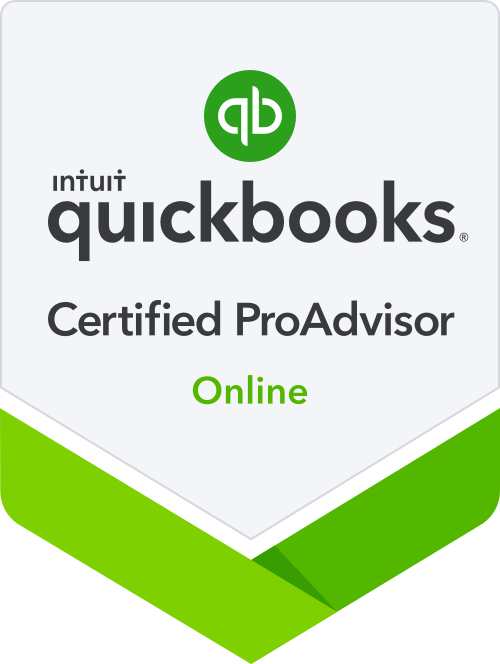When a business is growing rapidly, it’s an exciting and challenging time. New locations, increased revenue, and a larger team can bring a sense of accomplishment and potential for even greater success. However, with rapid expansion comes the need for more sophisticated financial management. This is where many business owners, like our client Kimberly, find themselves at a crossroads.
The Conversation with Kimberly: A Case Study
Recently, Kimberly, a long-term client of ours, reached out with a common scenario: her business, which had grown from two to five locations in just two years, was considering bringing bookkeeping in-house. While this might seem like a cost-saving measure, it’s essential to understand the complexities involved and the potential pitfalls of this approach.
Kimberly’s plan to have a team member take over bookkeeping responsibilities is well-intentioned, but it raises a critical question: does this individual have the necessary skills and experience to manage the intricate financial needs of a growing business? Bookkeeping isn’t just about recording transactions; it’s about maintaining accuracy and compliance, which becomes increasingly complex as a business expands.
The Distinction Between Bookkeeping, Controller, and CFO Services
To help Kimberly and other business owners like her, let’s clarify the distinction between basic bookkeeping, controller services, and the role of a Chief Financial Officer (CFO):
Bookkeeping:
This role focuses on the accurate recording of financial transactions. Bookkeepers maintain the general ledger, track accounts payable and receivable, and ensure that day-to-day financial data is accurate and up-to-date. It’s essential for basic financial organization but doesn’t provide in-depth financial analysis or strategic planning.
Controller Services:
A controller goes beyond bookkeeping by analyzing financial data to provide actionable insights. Controllers help business owners understand their financial health, create budgets and forecasts, and manage financial risks. They offer more detailed financial oversight and are key in developing strategies for growth, optimizing costs, and ensuring compliance.
CFO Services:
A CFO provides high-level financial strategy and leadership. They are responsible for financial planning, risk management, and guiding the company towards its long-term financial goals. CFOs work closely with the business owner and executive team to align financial strategy with the company’s overall vision, often dealing with investment decisions, financial reporting to stakeholders, and long-term capital management.
The Hidden Costs of Cutting Corners
One of the most significant risks Kimberly faces is the misconception that bringing bookkeeping in-house will save money. While it might reduce some immediate costs, the potential for long-term financial loss is substantial. Here’s why:
- Lack of Expertise: Without the guidance of a seasoned financial professional, it’s easy to miss critical financial signals. This oversight can lead to costly mistakes, such as incorrect tax filings, missed financial opportunities, or even compliance issues.
- Inefficient Financial Management: A bookkeeper may not have the skills to analyze financial data comprehensively. This lack of analysis can result in poor decision-making, such as overextending resources in a new location without proper financial planning.
- Missed Growth Opportunities: A controller or CFO helps identify and capitalize on growth opportunities. They can advise on the best times to expand, invest, or even cut back to ensure the business’s long-term stability and growth.
The Value of a Collaborative Financial Team
At Mitchell Consulting, we believe in empowering business owners by providing the expertise they need to succeed. Our approach is to work collaboratively with in-house bookkeepers, enhancing their work with strategic oversight and guidance. This partnership ensures that all financial aspects of the business are managed efficiently and effectively.
For Kimberly, and business owners in similar situations, our comprehensive financial services, including bookkeeping, controller, and CFO services, offer a roadmap for navigating the complexities of growth. By leveraging our expertise, businesses can avoid the pitfalls of DIY financial management and instead focus on sustainable growth and long-term success.
Conclusion: Invest in Your Financial Future
As a business owner, it’s tempting to look at cost-cutting measures, like bringing bookkeeping in-house, as a quick win. However, the true cost of not having professional financial oversight can far outweigh the savings. By partnering with a financial professional, you gain access to insights and strategies that not only protect your business but also drive its growth.
At Mitchell Consulting, we’re committed to supporting your success with expert advice and actionable insights. Whether you need basic bookkeeping, detailed financial analysis, or strategic financial leadership, we offer tailored solutions to fit your needs. If you’re facing similar challenges or want to discuss how we can support your business, don’t hesitate to reach out. We’re here to help you navigate the complexities of your growing business and achieve the financial freedom you aspire to.







